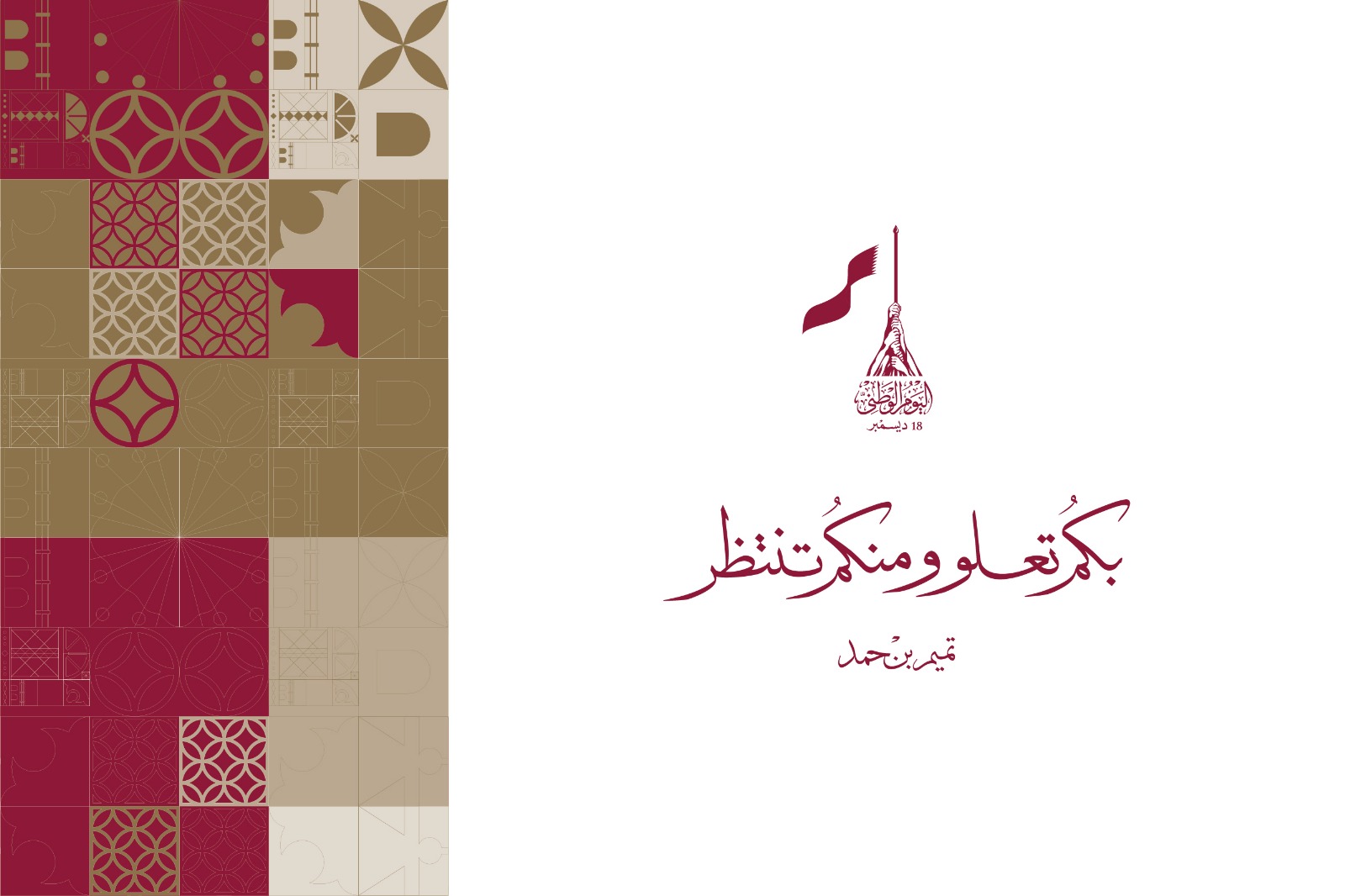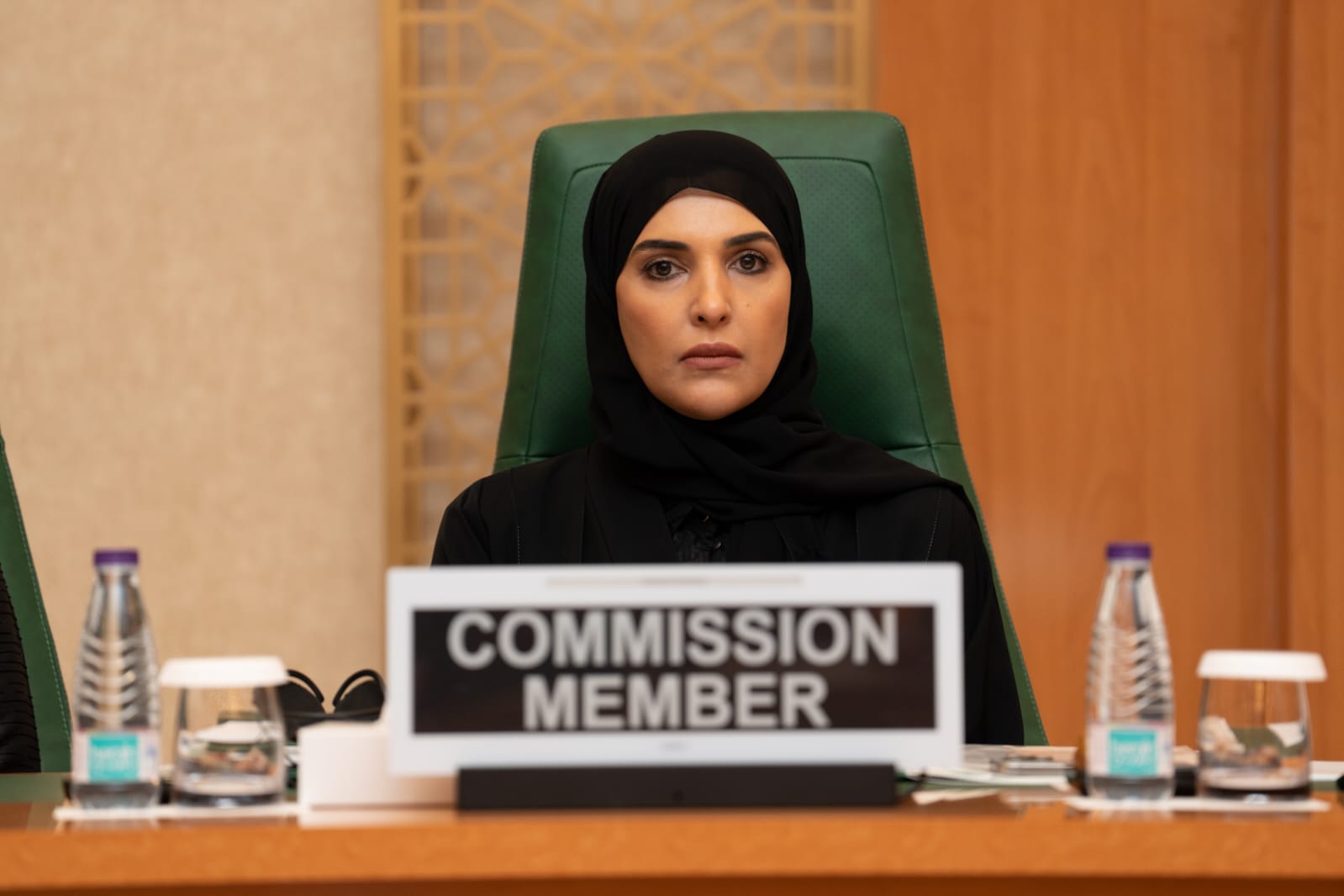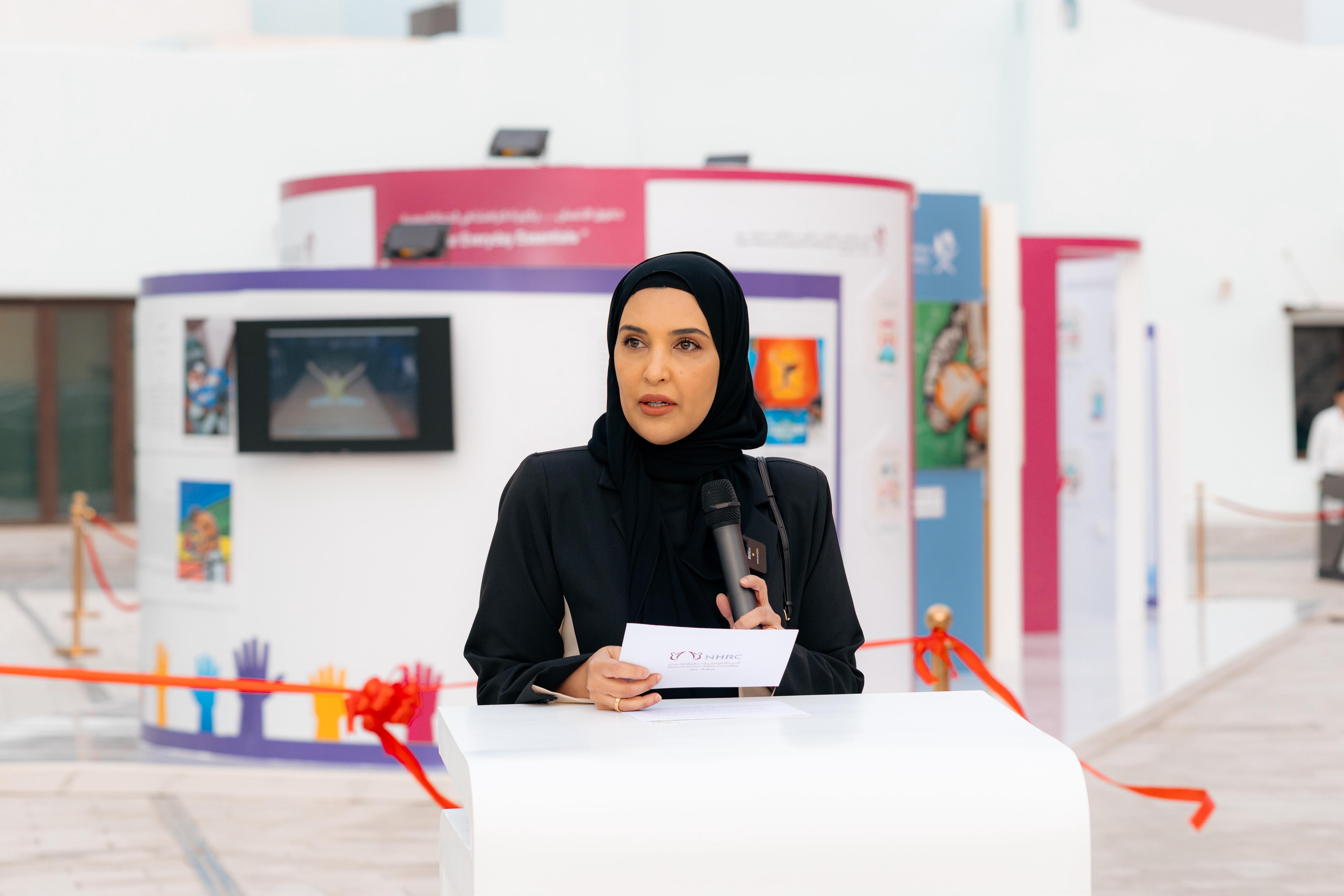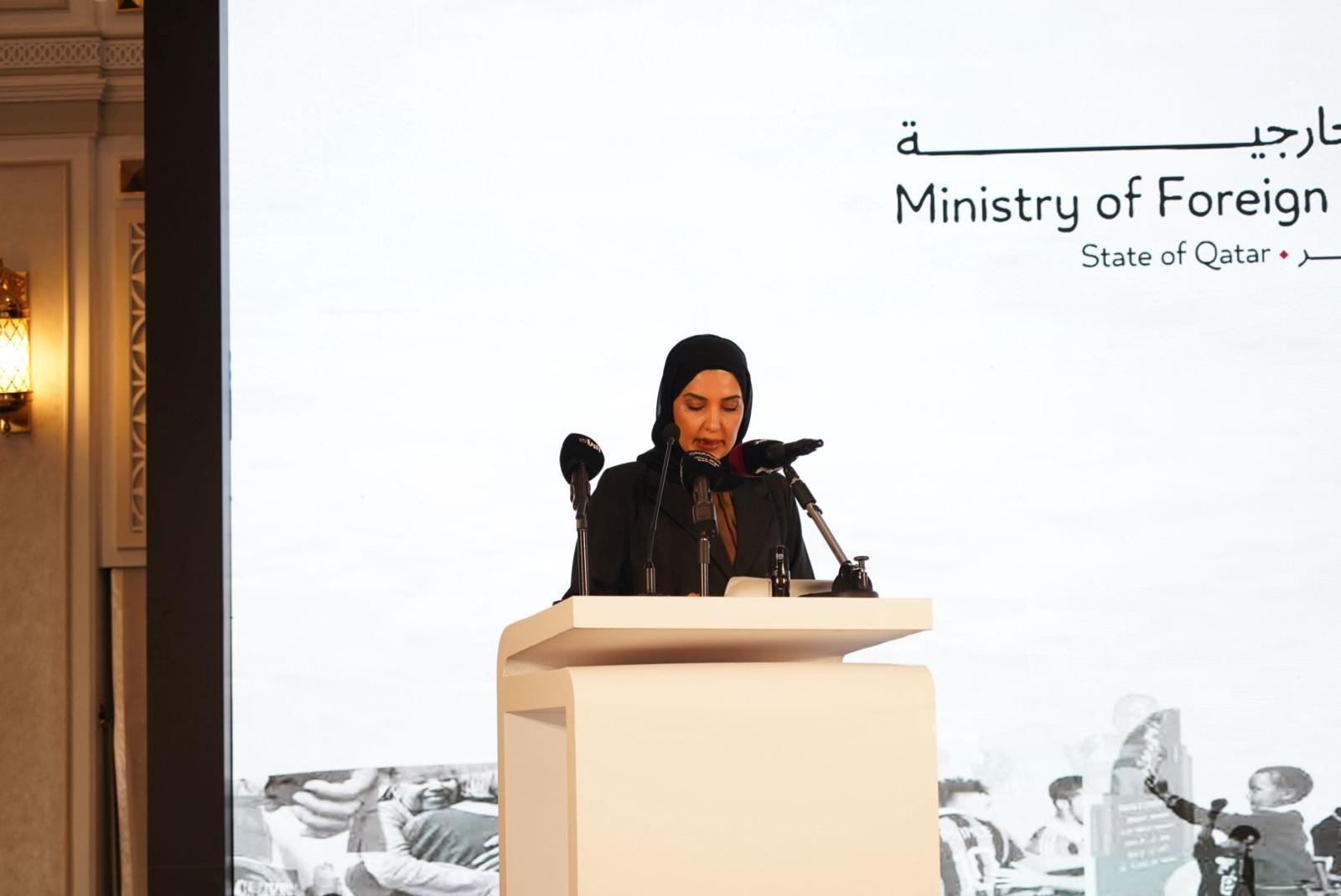الرجوع الى الأخبار
At the conclusion of the regional workshop on the legal prospects of the asylum, Participants called on finding jobs for refugees and maintaining their right to education
At the conclusion of the regional workshop on the legal prospects for asylum, participants stressed the need to find jobs for refugees, even inside the camps to deal with the psychological conditions that they might be exposed to during the asylum period.
Participants also highlighted the efforts of the Arab countries in the protection of the rights of refugees on its territories, especially those that have not signed the Geneva Convention on the rights of refugees, as well as calling on the need to respect the rights of refugees in education, the integration of refugees' rights in the culture in the curriculum, taking into account international agreements governing education issues, and not involving issues of emigrants and traded for the sake of political gain and restrict media coverage of as a humanitarian issue.
The workshop was organized over two days, the National Human Rights Commission, in cooperation with the High Commissioner of the United Nations for Refugees (UNHCR) with the participation of about 50 members of the Gulf Cooperation Council for the Arab States of the Gulf.
Mr. Jaber Al Hwail, the Director of the Legal Affairs Department in the National Human Rights Committee, stated in the press statement at the conclusion of the workshop that The NHRC and the UN High Commissioner for Refugee Affairs jointly organize a training workshop annually on Refugee Affairs, most recently in 2013 on women's refugee rights, in the framework of the Memorandum of Understanding signed between the two sides and mutual cooperation in addressing humanitarian issues, especially with regard to the situation of immigrants whose number is increasing alarmingly in recent years.
Dr. Yousef Al Daradkeh, protection officer in the United Nations High Commissioner for Refugees (UNHCR) office in the Gulf Cooperation Council (GCC) extended his gratitude to the State of Qatar and the NHRC on hosting, organization and preparation for this important regional training workshop, praising the great attention given by the State of Qatar to the issues of immigrants and refugees through its various institutions, including charity ones. He commended in a press statement the great cooperation between the NHRC for the past five years, which has had a significant impact on the spreading the awareness on refugee affairs and their suffering.
The second and final day of the regional workshop on the legal prospects for asylum several working papers were discussed, including the principle of "non-refoulement", presented by Dr. Yousif Al Daradkeh.
Al Daradkeh explained in his paper the resources of international law relating to the principle of non-refoulement, stressing that Non-refoulement is a key facet of refugee law, that concerns the protection of refugees from being returned or expelled to places where their lives or freedoms could be threatened. He stressed that The principle of "non-refoulement" was officially enshrined in the 1951 Convention Relating to the Status of Refugees and is also contained in the 1967 Protocol and Art 3 of the 1984 UN Torture Convention.
Mr. Saher Mohiuddin, protection officer in the UNHCR office in Kuwait presented another working paper on the legal prospects of the regional national framework for asylum, where Article 14 of the Universal Declaration of Human Rights 1948 were discussed, pointing out that the Arab countries did not participate in the preparation of this announcement because most of which were under the yoke of colonialism in the course of its drafting.
الصور






